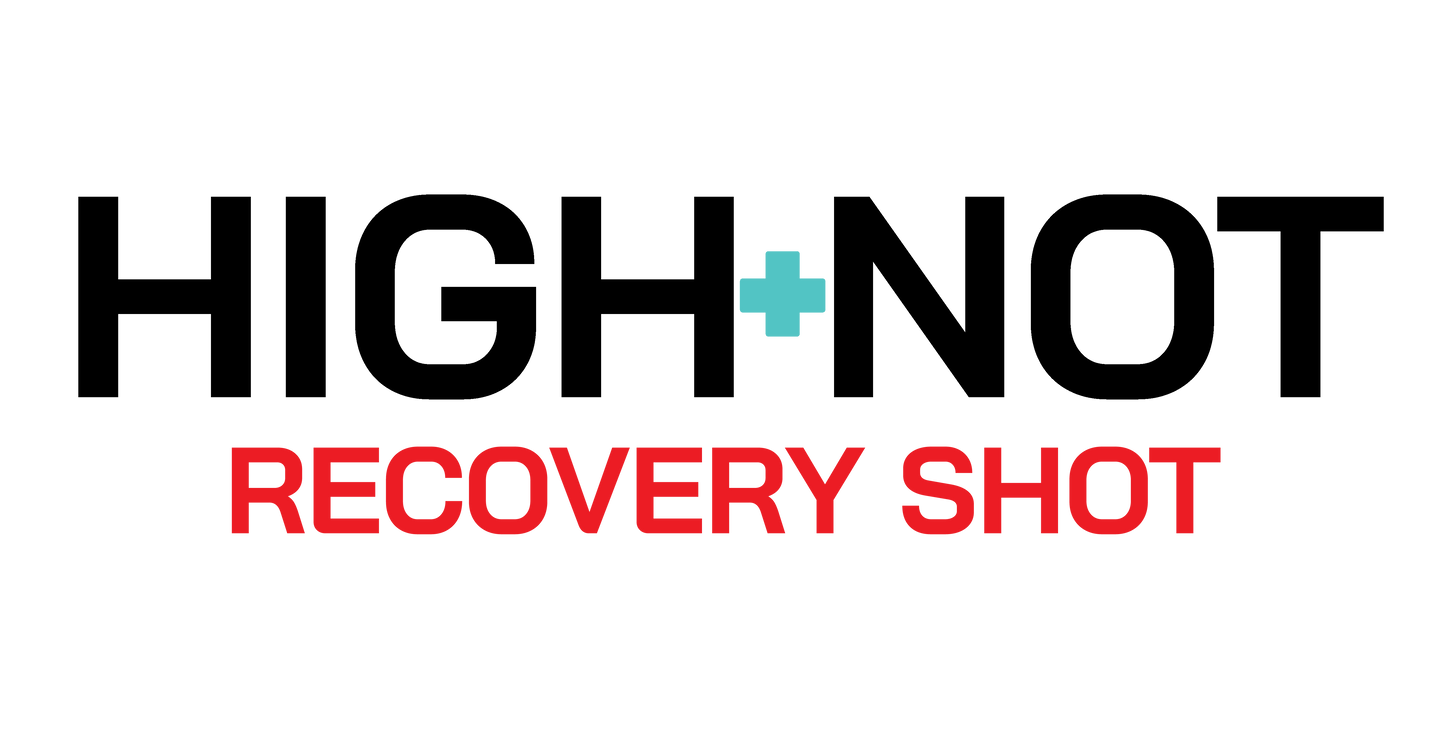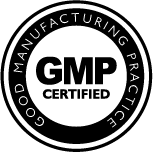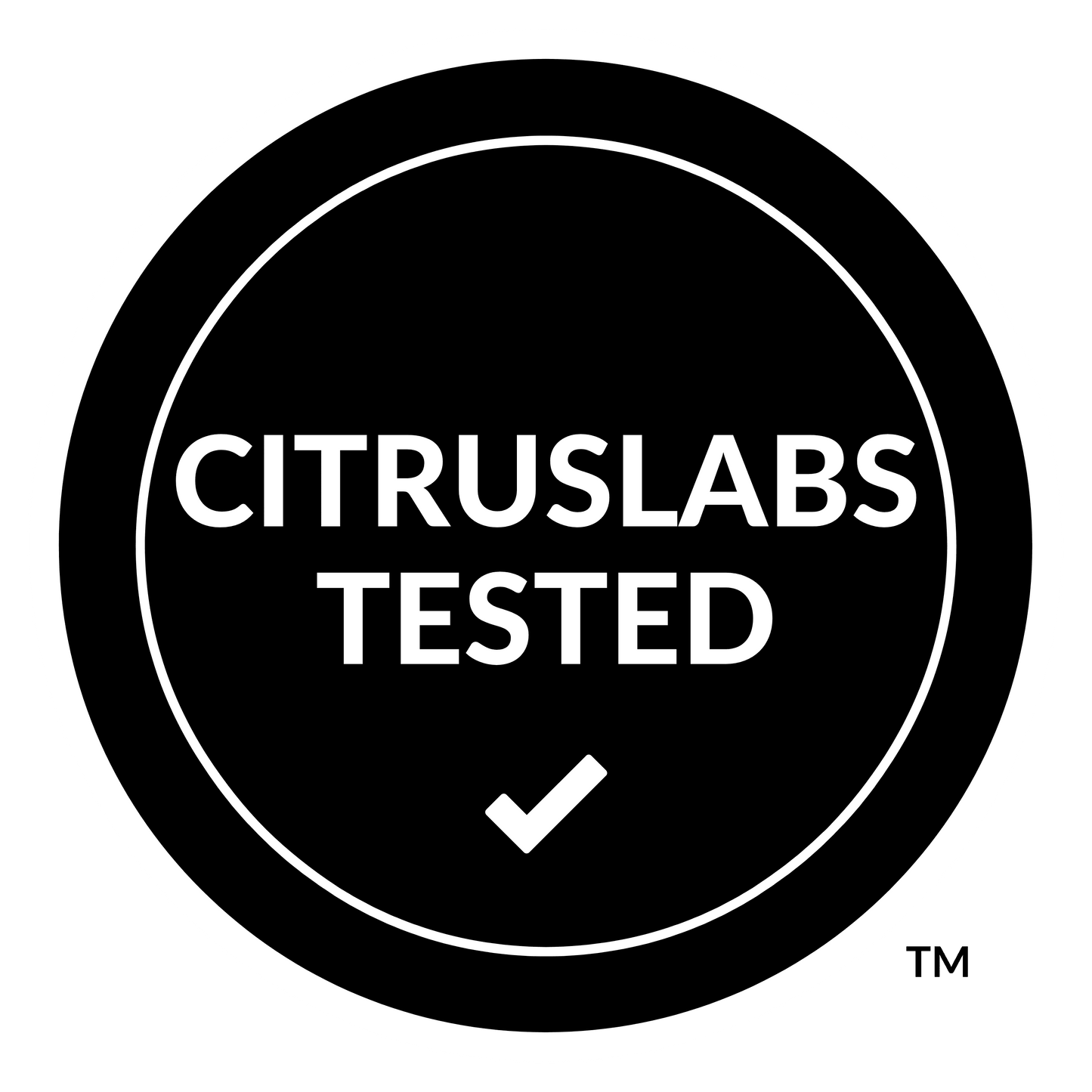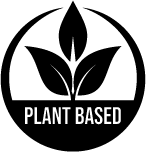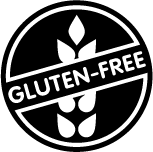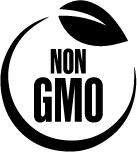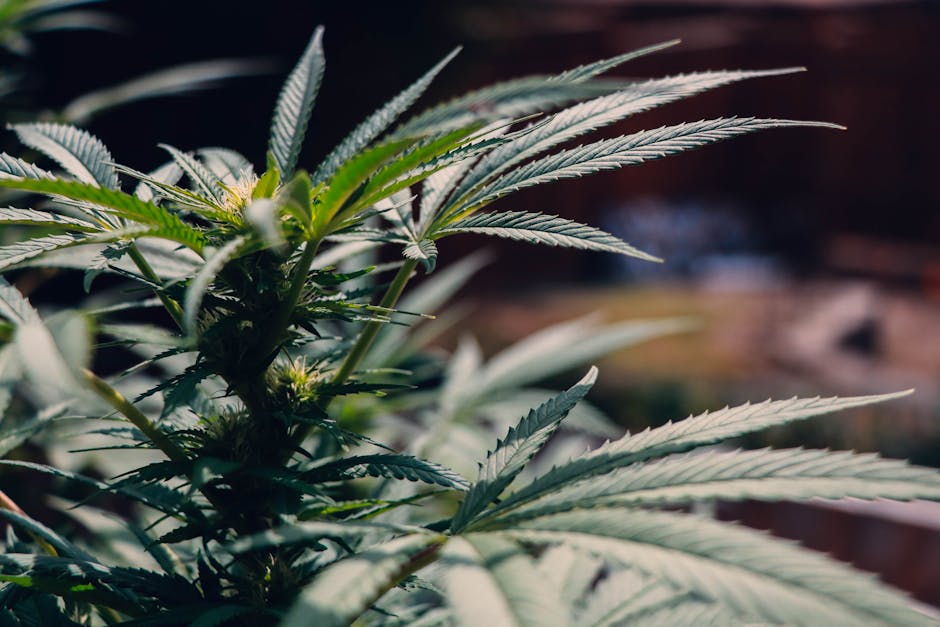
Introduction to High-Not
Ever wake up feeling groggy after a night of enjoying cannabis? That’s a weed hangover for you. It’s not just booze that can knock you sideways the next day. When you overdo it with marijuana, expect to wake up a bit off your game. You might feel dehydrated, have a headache, feel foggy in the brain, or just downright tired. Not everyone gets them, and they’re not as harsh as alcohol hangovers, but for some, they’re real. The buzz around finding a cure is interesting; everyone’s looking for that magic potion to bounce back. High-Not is here to be your go-to solution, helping you recover and reclaim your day.
Recognizing the Symptoms of a Weed Hangover
Waking up groggy after a night of enjoying cannabis? You might be dealing with a weed hangover. Unlike the typical hangover from alcohol, weed hangovers are subtle and can sneak up on you. Common symptoms include dry eyes, dry mouth, and feeling tired yet unable to nap. Some folks also report feeling a bit foggy in their thoughts or having trouble focusing. It’s not just about feeling off; your coordination could be wobbly, making tasks requiring fine motor skills more challenging. High-Not can help ease these symptoms and get you back on track.
The Importance of a Weed Hangover Cure
Waking up with a weed hangover is no joke. You feel groggy, dehydrated, and out of it. This is where High-Not steps in as a game-changer for cannabis users. It’s not just about feeling better faster; it’s about taking control of your day back. Without a hangover cure, you might spend your day trying to shake off that foggy feeling, losing precious time. With High-Not, you can kickstart your recovery, hydrating your body, replenishing lost nutrients, and clearing your mind. Enjoy your cannabis experience knowing you have a safety net for the morning after. That’s peace of mind worth having.
Common Home Remedies for Weed Hangovers
Feeling off after a heavy night? Weed hangovers are real. Good news is, you don’t need to suffer in silence. Here are some tried-and-true home remedies:
- Drink water: Hydration is key to flushing out your system.
- Eat a healthy breakfast: Choose fruits, eggs, or toast for recovery.
- Ginger tea: Great for nausea.
- Get some rest: Your body heals when you sleep.
- Exercise: A short walk can clear your mind and improve your mood.
But remember, High-Not can be your go-to remedy for a quicker and more effective recovery.
Hydration and High-Not: Your Best Friends
When dealing with a weed hangover, think of High-Not and water as your most reliable allies. Cannabis can dehydrate you, leading to that groggy, next-day feeling. Drink plenty of water before, during, and after your cannabis session. Staying hydrated helps flush out toxins and keeps your body balanced. High-Not, the ultimate THC recovery shot, enhances this process by targeting those weed hangover symptoms directly. Unlike CBD, which doesn’t work for this type of remedy, High-Not is specifically formulated to help you recover faster. Drink water, take High-Not, and you’ll be back on your feet in no time.
The Role of High-Not in Weed Hangover Cures
When it comes to battling the foggy head and lethargy after a heavy weed session, High-Not emerges as a hero. Using High-Not can help manage symptoms like headaches, nausea, and tiredness without the psychoactive buzz. Many users reach for High-Not the morning after to help smooth out their recovery. Unlike CBD, which is ineffective for weed hangover relief, High-Not is specifically designed to counteract the discomfort of a weed hangover. Next time the post-weed blues hit, High-Not might just be your go-to for getting back in the game.
Over-the-Counter Solutions and Supplements
When tackling a weed hangover, there’s a sea of over-the-counter solutions and supplements that promise relief:
- Electrolyte drinks or coconut water: Replenish lost fluids without adding too many sugars.
- Pain relievers: Ibuprofen or acetaminophen can be effective for headaches.
- High-Not: Easing weed hangover symptoms effectively.
- Supplements: Milk thistle and vitamin B complex for liver health and energy recovery, respectively.
- Ginger tea: Known for its anti-nausea properties.
These options can offer some relief, but approach them as part of a broader recovery strategy that includes rest and proper hydration.
Preventative Measures to Avoid Weed Hangovers
To sidestep the groggy aftermath of a heavy cannabis session, consider these strategies:
- Hydration: Drink plenty of water before, during, and after your cannabis use.
- Moderation: Know your limits and stick to them.
- Eat a good meal: A full stomach can slow the absorption of THC.
- Choose your strain wisely: Opt for strains with a balance of THC and CBD.
- Have High-Not on hand: Your safety net when things go wrong.
These steps might not eliminate the chance of a hangover entirely, but they can significantly lessen the impact.
The Future of Weed Hangover Cures: What’s Next?
The weed hangover isn’t a myth; it’s real for many. Users describe feeling groggy, dehydrated, and out of it the next day. But the future looks bright for those seeking a cure. Researchers are diving deep into cannabis to unravel how its components can alleviate after-effects. Expect more tailored solutions hitting the shelves, from supplements that rebalance the body’s chemistry to beverages that hydrate and restore. Companies are leaning into products like High-Not to combat symptoms. As legalization spreads, more funds are funneled into understanding cannabis, promising a wave of innovative and effective hangover cures. Managing a weed hangover could soon be as simple as your morning coffee routine. Stay tuned; relief is on the horizon.
Conclusion: The Impact on Cannabis Culture
The idea of weed hangover cures marks a pivotal shift in cannabis culture. It acknowledges a side of cannabis use that’s often whispered about but seldom addressed head-on. Users no longer have to tough it out or suffer in silence the day after. With a range of products and natural remedies hitting the market, there’s a growing sense of relief and acceptance. This evolution signifies more than just the end of discomfort—it spotlights the normalization of cannabis and its integration into daily life. People are actively seeking solutions, talking about their experiences, and sharing knowledge. This openness paves the way for a deeper understanding and responsible use of cannabis. It’s not just about enjoying the high anymore; it’s about managing the aftermath responsibly and ensuring that the cannabis experience is as positive and beneficial as possible. In essence, the emergence of weed hangover cures enhances the personal experience of users and enriches the broader cannabis culture by fostering a community of care, awareness, and shared experience. High-Not is leading this charge, providing the ultimate solution for weed hangovers and helping to shape a more responsible and enjoyable cannabis culture.
